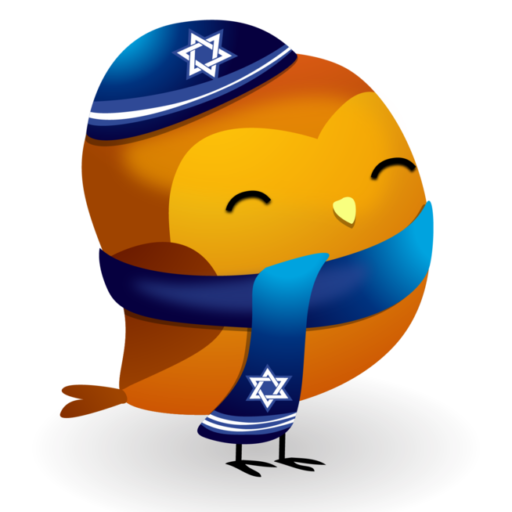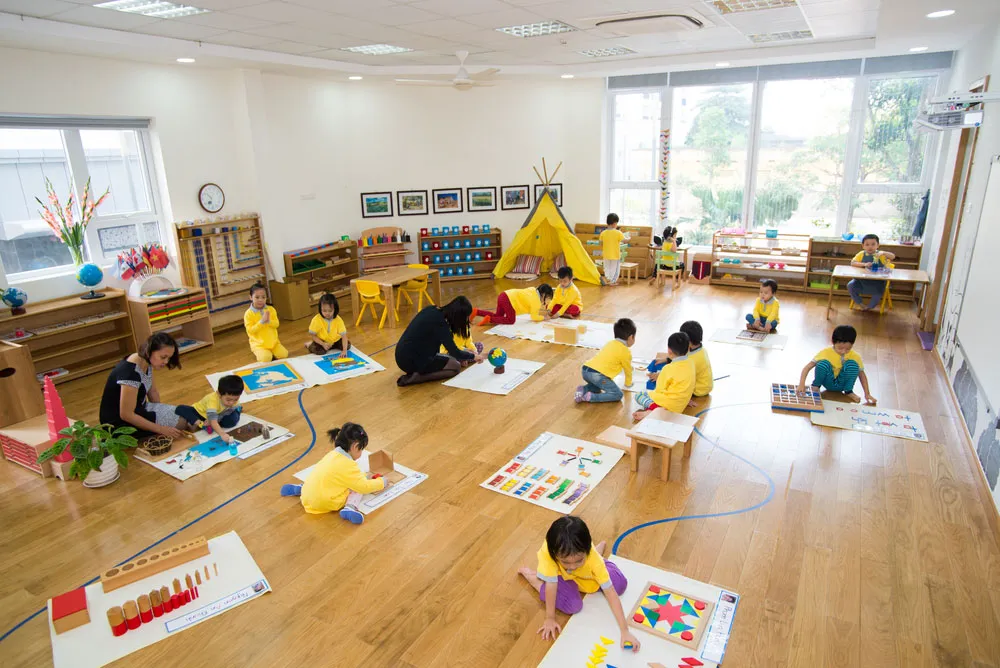What is the Montessori Method? (Educational Philosophy) Fostering Independent Thinkers and Lifelong Learners
The Montessori Method, developed by Dr. Maria Montessori in the early 20th century, revolutionized early childhood education and continues to shape educational practices worldwide. Based on the belief that children possess an innate drive for self-directed learning, the Montessori Method emphasizes hands-on exploration, independence, and respect for the individual child. In this essay, we will delve into the principles and practices of the Montessori Method, exploring its impact on fostering independent thinkers and lifelong learners.
Prepared Environment
Central to the Montessori Method is the concept of a prepared environment. Montessori classrooms are carefully designed to provide children with developmentally appropriate materials and activities that promote exploration and independent learning. The environment encourages freedom of movement and choice, allowing children to engage with materials that pique their interests. From practical life activities to sensorial exploration and academic lessons, the prepared environment is a key component in cultivating a love for learning and encouraging self-motivation.
Self-Directed Learning
In the Montessori Method, children take an active role in their education. They have the freedom to choose their activities from a range of options provided by the teacher. This choice fosters intrinsic motivation and a sense of ownership over learning. By following their interests and engaging in self-directed exploration, children develop critical thinking skills, problem-solving abilities, and a deep sense of curiosity. The Montessori Method recognizes that each child’s learning journey is unique, and tailors education to their individual needs and interests.
Practical Life Skills
One distinctive aspect of the Montessori Method is the emphasis on practical life skills. These skills include tasks such as pouring, dressing, and cleaning. Practical life activities serve a dual purpose: they contribute to the child’s overall development while preparing them for independence and self-care. By engaging in these activities, children develop fine and gross motor skills, concentration, and a sense of order. Practical life skills also foster a sense of responsibility and empower children to become capable and confident individuals.
Sensorial Exploration
The Montessori Method recognizes the importance of sensorial experiences in early childhood development. Montessori classrooms provide a wide array of materials that engage the senses, allowing children to explore and refine their sensory perceptions. Through activities that focus on sight, sound, touch, taste, and smell, children develop a keen sense of observation and discrimination. Sensorial exploration builds the foundation for abstract thinking, logical reasoning, and scientific inquiry.
Multi-Age Classrooms and Peer Learning
Another key feature of the Montessori Method is the use of multi-age classrooms. Children of different ages work together in the same environment, fostering a collaborative and supportive learning community. Older children act as mentors, providing guidance and support to their younger peers. This dynamic promotes empathy, social skills, and a sense of responsibility. Peer learning also encourages children to become active learners and cultivates a cooperative spirit that extends beyond the classroom.
Who was Maria Montessori?
Maria Montessori (1870-1952) was an Italian physician, educator, and innovator who developed the Montessori Method of education. Born in Chiaravalle, Italy, Montessori defied societal expectations by pursuing a career in medicine, becoming the first female physician in Italy. Her medical background played a crucial role in shaping her educational philosophy.
Montessori’s work with mentally challenged children at the Orthophrenic School in Rome in the early 1900s served as the foundation for her groundbreaking educational approach. Through careful observation and experimentation, she developed a unique method that focused on fostering the natural development of children.
Central to Montessori’s philosophy was the belief in the innate abilities and potential of children. She viewed children as active, self-motivated learners who possess an inherent curiosity and drive for exploration. Montessori emphasized the importance of creating a prepared environment that would facilitate the child’s development by providing appropriate materials and activities.
One of the key aspects of Montessori’s method is the concept of “self-directed learning.” She believed that children should be given the freedom to choose their own activities and engage in independent exploration. This approach promotes intrinsic motivation and the development of critical thinking skills.
Montessori classrooms feature a wide range of materials that are carefully designed to engage the child’s senses and facilitate hands-on learning experiences. The materials allow for self-correction, encouraging the child to learn through trial and error, and developing problem-solving abilities.
Montessori’s approach also emphasized the development of practical life skills, such as self-care, fine motor skills, and social etiquette. She believed that these skills were crucial for the child’s independence and self-confidence.
Throughout her life, Montessori traveled extensively, spreading her educational philosophy and establishing Montessori schools worldwide. Her work gained recognition and influence, and Montessori schools continue to thrive in various countries today.
Maria Montessori’s contributions to education have had a lasting impact. Her method has influenced countless educators and has been adapted to different cultural and societal contexts. Montessori’s emphasis on the individual child, respect for their autonomy, and the importance of hands-on learning and practical life skills continue to shape early childhood education and inspire educators around the world.
Conclusion
The Montessori Method has had a profound impact on early childhood education, revolutionizing the way we view and approach learning. By providing a prepared environment, fostering self-directed learning, emphasizing practical life skills and sensorial exploration, and promoting peer learning, the Montessori Method nurtures independent thinkers and lifelong learners. This child-centered approach recognizes the unique abilities and interests of each child, creating a foundation for intellectual, social, and emotional growth. The enduring legacy of Dr. Maria Montessori’s work continues to inspire educators and parents to create environments that empower children to become curious, confident, and compassionate individuals, ready to face the challenges of the world.

